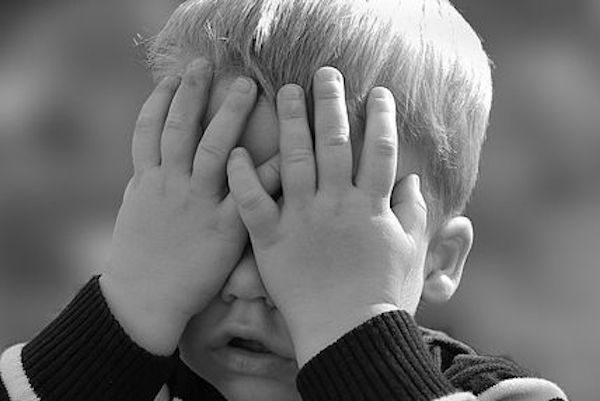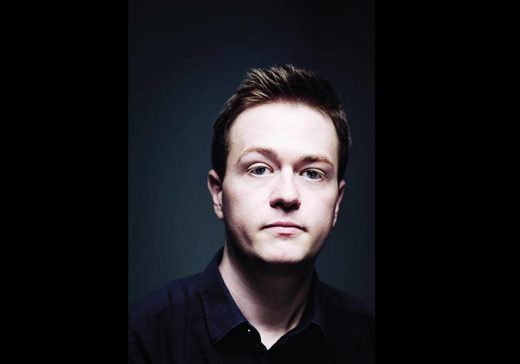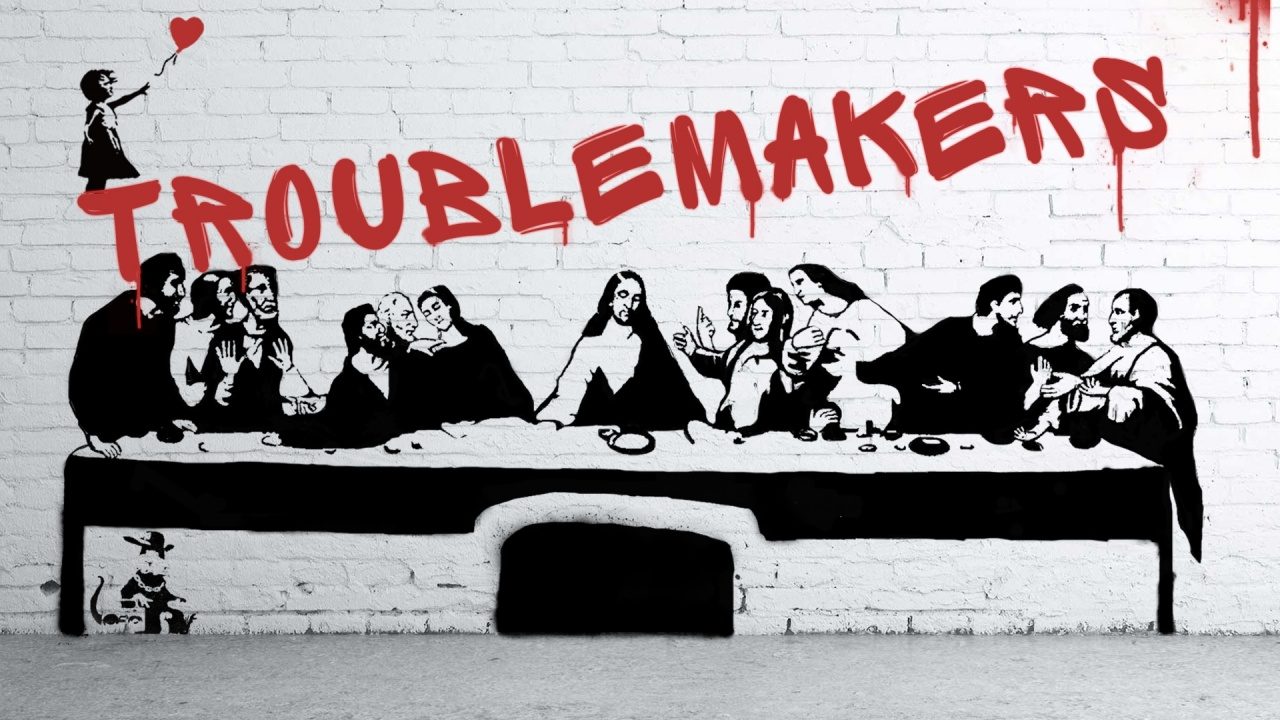
© Linda Nylind for the GuardianHomeostasis, 2005-2006, by Liza Lou. Homeostasis is the key word throughout the book.
Nietzsche would have given four cheers for this intricately argued book, which is at once scientifically rigorous and humanely accommodating, and, so far as this reviewer can judge, revolutionary. Antonio Damasio, a professor of neuroscience, psychology and philosophy, sets out to investigate "why and how we emote, feel, use feelings to construct our selves ... and how brains interact with the body to support such functions". We are not floating seraphim, he reminds us, but bodies that think - and all the better for it.
From Plato onwards, western philosophy has favoured mind over "mere" body, so that by the time we get to Descartes, the human has become hardly more than a brain stuck atop a stick, like a child's hobbyhorse. This is the conception of humanness that Damasio wishes to dismantle.
For him, as for Nietzsche, what the body feels is every bit as significant as what the mind thinks, and further, both functions are inextricably intertwined. Indeed, from the very start, among the earliest primitive life forms, affect - "the world of emotions and feelings" - was the force that drove unstoppably towards the flowering of human consciousness and the creation of cultures, Damasio insists.













Comment: